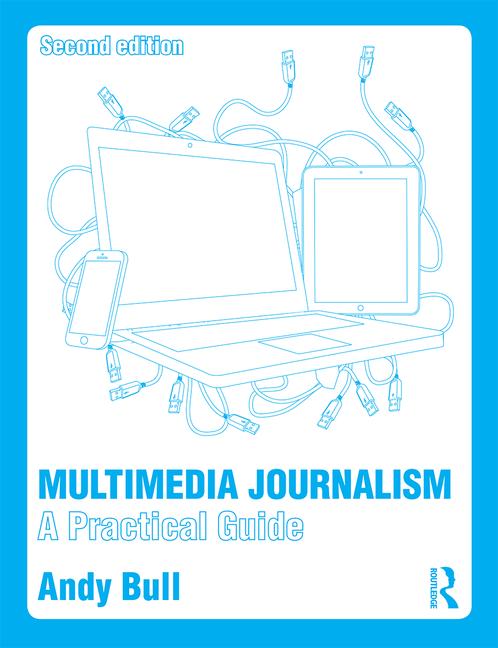
38A
Ever been driving down a new road and suddenly found you’ve caught up with the construction team?
That’s the sensation I’ve been getting using Facebook in the past couple of weeks
The Facebook construction team is laying down the social media equivalent of hot tarmac as fast as they can, but public launch has been delayed, and the cars are backing up impatiently, wanting to use this new stretch of road.A lot's changed on Facebook.
You may have heard about Facebook Timeline, which replaces the old style profile.
If you haven’t don’t worry.
We’ll cover it.
And we’ll look at the new ways a journalist can use this new-style timeline profile in conjunction with a fan page – like the ones we built in Masterclass 34
The developments mean you now not only have a place for your journalism - your fan page - but also a more personal space for you as a journalist - your new-style timeline profile.
Because, while you can still invite fans to like your page, you can also now invite people to subscribe to your updates on your new-style timeline profile.
And you can now divide your Facebook community into distinct groups – not unlike the Circles concept on Google+ – and post different content to different groups.
If it sounds complicated, that’s because it is!
But it also gives us a lot more potential for using Facebook for journalism.
So we’ll run through all the new stuff, and demonstrate how it can be used.
Fortunately, none of those changes invalidate anything we covered in Masterclass 34's Getting started with Facebook section.
But, just to check you are up to speed, and ready for this masterclass on Building Proficiency with Facebook, here’s what we covered in Getting Started:- Opening a Facebook account
- Setting up a profile page for you as a journalist and a separate Facebook page for your journalism. (One quick point: profiles are now called timelines)
- Posting content to Facebook – and what works best
- Gaining friends on Facebook, and finding people to invite to view your page
- Promoting your Facebook page with a content-rich widget on your website
- Posting content on Facebook – what works best
- Finding and researching stories on Facebook




